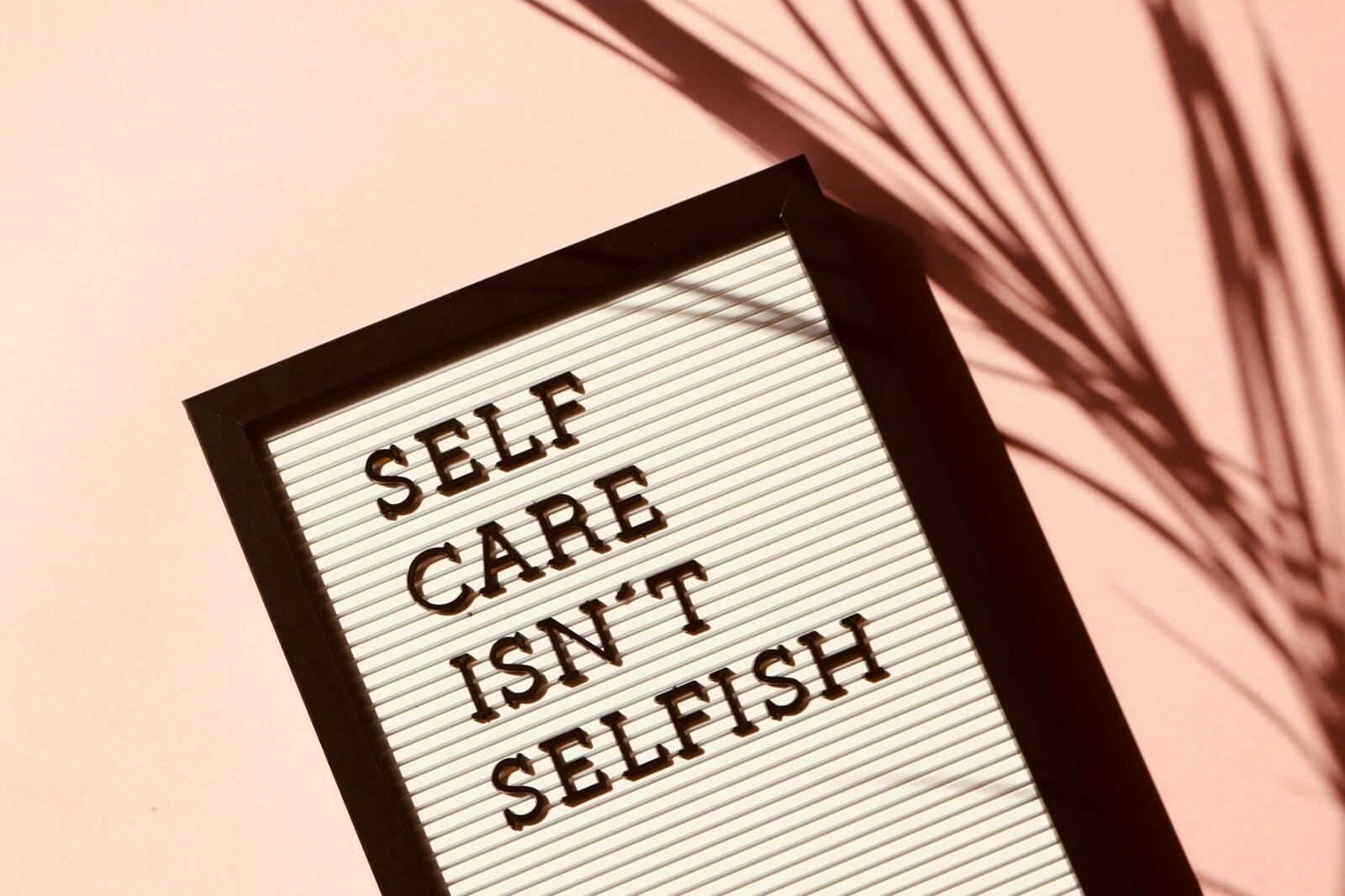We glorify entrepreneurship as the ultimate dream: freedom, financial independence, and the opportunity to make a mark on the world. Social media feeds are filled with success stories of entrepreneurs working from exotic locations, launching products that change industries, or living lives that seem too good to be true. But behind the filtered images and inspiring quotes lies a darker, less glamorous reality that few people discuss. As someone who has experienced these challenges firsthand, I can tell you that the myth of freedom, the struggle to find competent, committed help, the cost of trust, unrelenting pressure, financial instability, isolation and loneliness, mental health struggles, the identity trap, and the five-year roadblock are all part of the journey.

1. The Myth of Freedom
One of the biggest selling points of entrepreneurship is the promise of freedom: being your boss and setting your schedule. However, the reality is that most entrepreneurs end up working longer and harder than they ever did in a traditional job. Emails, client calls, or the never-ending to-do list consume evenings, weekends, and even vacations. Freedom exists—but it's often a long way down the road.
Entrepreneurs convince themselves that their freedom is guaranteed once they have a team, only to end up working twice as much.
2. The Struggle to Find Competent, Committed Help
One of the most frustrating realities of entrepreneurship is the need for skilled, reliable people who are invested in your business's success. Hiring employees or freelancers who genuinely care about your mission is rare, especially in today's gig economy. Naturally, most workers are there to collect a paycheck or use your business as a stepping stone to gain experience for their ventures. The revolving door of talent can be exhausting, requiring you to constantly be on board and train new people while still trying to move your business forward. This lack of alignment can stunt growth and leave you feeling like no one cares as much about your vision as you do—which is often the case.
3. The Cost of Trust: Employee Misconduct and Its Ripple Effect
Employees can become one of the biggest sources of frustration for entrepreneurs. Issues like stealing time, calling off work without notice, missing deadlines, or infiltrating your organization just to learn your processes before leaving, can wreak havoc on your operations. These behaviors disrupt productivity and erode trust, leaving you second-guessing every hiring decision. Over time, this repeated cycle can lead to major trust issues, making it even harder to identify and hire the right people in the future. The emotional and operational toll of dealing with unreliable or opportunistic employees can feel like a constant uphill battle, further complicating the already challenging business journey.
4. Unrelenting Pressure
Entrepreneurs live with the constant pressure of being accountable for every aspect of their business. Whether it's meeting payroll, closing a deal, or managing a team, the responsibility stops with you. This weight can suffocate your business, especially during lean periods when the stakes are highest. Many entrepreneurs suffer in silence, unwilling to admit they're struggling for fear of appearing weak or unprepared.
5. Financial Instability
Entrepreneurship often requires a leap of faith—and significant financial risk. If things go south, there's no guaranteed paycheck, no employer-sponsored benefits, and no safety net. Many entrepreneurs burn through savings, take on personal debt, or rely on family and friends to keep their dreams alive. The stress of financial uncertainty can lead to sleepless nights and strained relationships.

6. Isolation and Loneliness
Being an entrepreneur can feel like being on an island. When you're the one responsible for the big decisions, there's no boss or colleague to turn to for reassurance. Friendships can strain under the weight of your unpredictable schedule, and family relationships may take a hit as your work-life balance tips heavily toward "work." This isolation is more than just emotional and can stifle creativity and problem-solving. With a supportive network to bounce ideas off of, you may find freedom from the echo chamber of your own thoughts.
7. Mental Health Struggles
The combination of isolation, financial stress, and unrelenting pressure takes a toll on mental health. Anxiety and depression are common among entrepreneurs. The culture of hustle and grind often leaves little room for vulnerability, perpetuating the stigma around mental health in the business world. Entrepreneurs are notorious for wearing multiple hats, from CEO to marketer to janitor. Yet, the constant juggling act can lead to burnout—a state of physical, emotional, and mental exhaustion that leaves you questioning why you started in the first place. Yet, many push through the burnout, driven by the fear of letting their team, investors, or clients down.
8. The Identity Trap
For many entrepreneurs, their business becomes their identity. The highs of success feel euphoric, but the lows can be devastating. A failed venture often feels like a personal failure, making it hard to separate self-worth from business performance. This identity trap can make stepping away, pivoting, or even taking a much-needed break difficult.
9. The Five-Year Roadblock: Outgrowing the Help Around You
After running your business for five years or more, you may hit a frustrating roadblock: the realization that you've outgrown most of the available resources and advice. While many organizations mean well, their focus is often on startups, offering programs and support tailored to businesses in their infancy. Resources are scarce for those beyond the five-year mark, and the staff at these organizations often need to gain firsthand experience in growing a business beyond this stage. This gap leaves you navigating uncharted territory with limited guidance, emphasizing the need to rely on your instincts and problem-solving skills. The result? Well, you're left feeling more competent and experienced than many people who claim they can help, but this only makes it harder to find the proper support to break through to the next level.

The Silver Lining
Despite these challenges, entrepreneurship remains a deeply rewarding journey for many. But to thrive, it's crucial to address the ugly sides head-on:
- Build a Support Network: Connect with fellow entrepreneurs who understand your struggles. Peer groups, mentors, or trusted therapists can make a huge difference.
- Prioritize Self-Care: Protect your mental and physical health by setting boundaries, taking breaks, and seeking help when needed. Remember, you are the most valuable asset to your business, and taking care of yourself is not a luxury, but a necessity.
- Redefine Success: Success isn't just about profit; it's about building a sustainable life and business. Celebrate small wins and focus on the long game. By redefining success on your own terms, you can free yourself from the pressure of meeting conventional expectations and find joy in the journey.
- Be Honest About Challenges: Share your struggles as openly as your triumphs. Vulnerability fosters connection and reminds others (and yourself) that you're human.
Entrepreneurship isn't for everyone, and that's okay. It's messy, unpredictable, and often downright ugly. But by embracing its realities—both the good and the bad—you can navigate the journey with resilience, self-awareness, and maybe even a little grace.
What are the challenges you've faced as an entrepreneur? Let's start an honest conversation.
